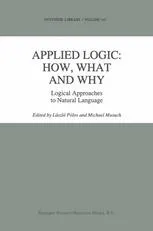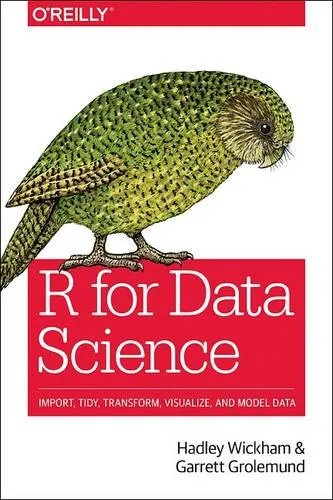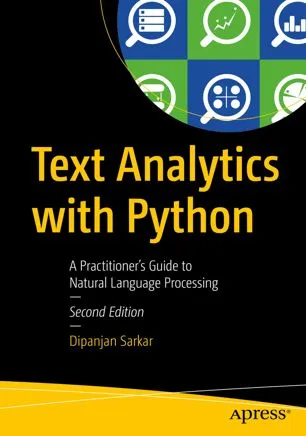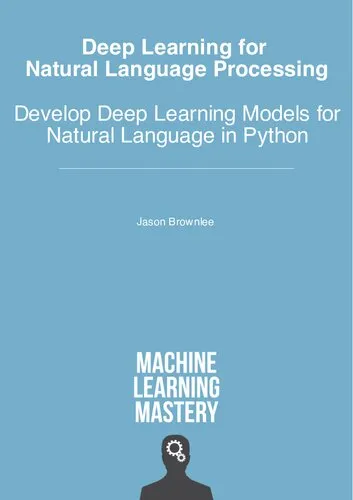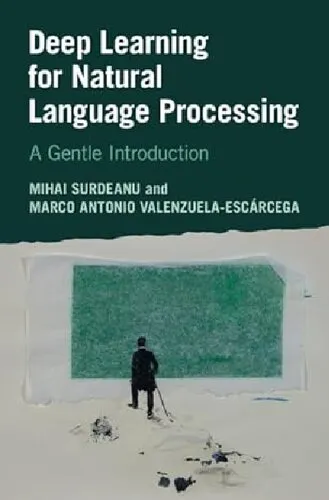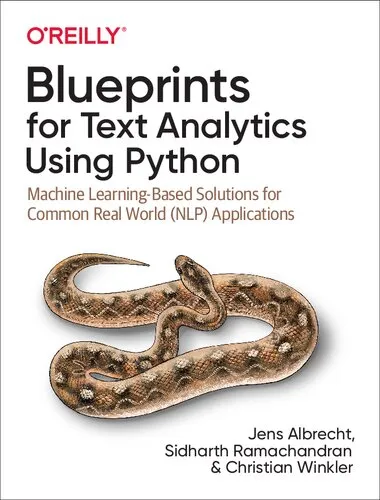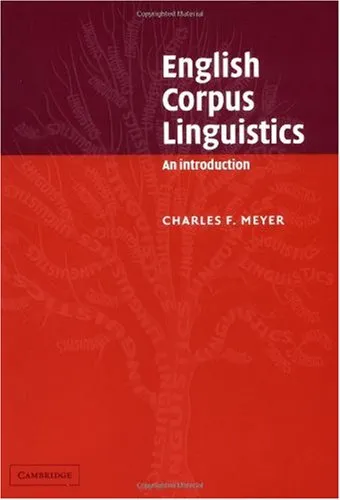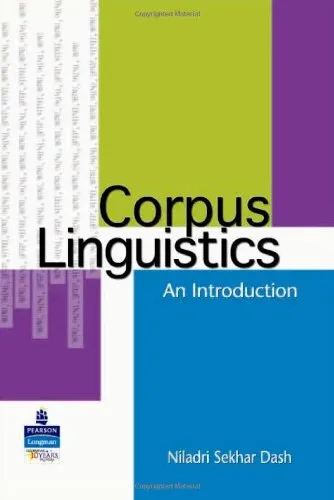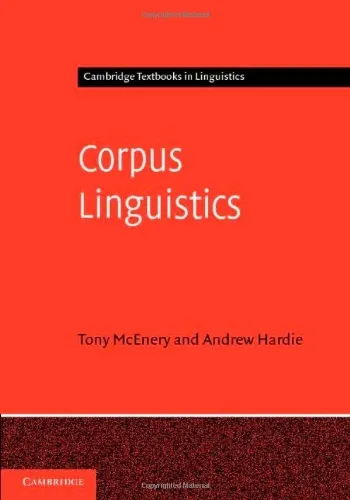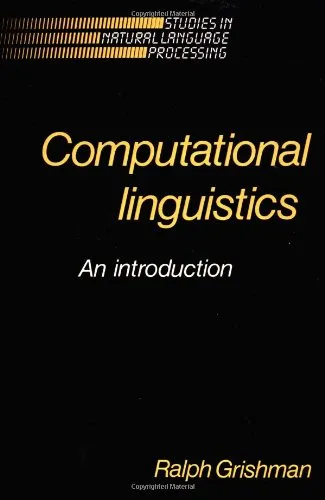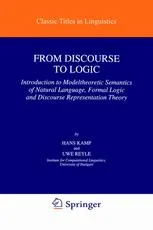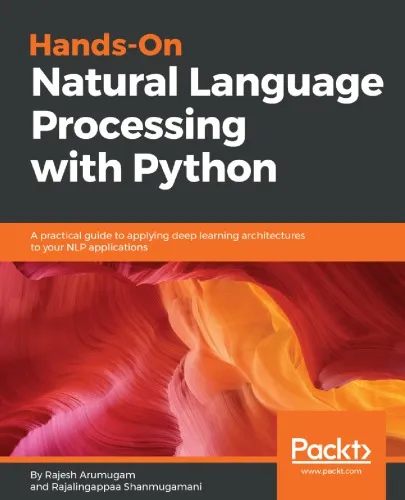Applied Logic: How, What and Why: Logical Approaches to Natural Language
4.0
Reviews from our users

You Can Ask your questions from this book's AI after Login
Each download or ask from book AI costs 2 points. To earn more free points, please visit the Points Guide Page and complete some valuable actions.Related Refrences:
Introduction to "Applied Logic: How, What and Why: Logical Approaches to Natural Language"
Welcome to Applied Logic: How, What and Why: Logical Approaches to Natural Language, a comprehensive and thought-provoking book that explores the pivotal role of logic in understanding, interpreting, and analyzing natural language. Authored and edited by leading scholars John Bell, László Pólos, and Michael Masuch, this work seeks to bridge the gap between formal logical theories and their real-world applications in linguistics, cognitive science, and artificial intelligence.
As technological advancements fuel our demand for more sophisticated natural language processing and understanding systems, the foundational principles of logic are becoming increasingly relevant. The book dives deep into the philosophical, mathematical, and computational bases of logic, providing readers with tools to analyze language structures, reason about meaning, and foster a deeper appreciation of communication. For anyone curious about the “how,” “what,” and “why” behind logical reasoning in the context of language, this book serves as an invaluable guide.
Detailed Summary
This book is both theoretical and practical in its approach, meticulously presenting key logical concepts alongside their applications in understanding natural language. Divided into several thematic sections, the book begins by laying the groundwork of applied logic in the context of linguistics and philosophy. It then progresses toward exploring questions of meaning and interpretation of language, drawing upon powerful logical frameworks such as predicate logic, modal logic, and formal semantics.
One of the defining features of this book is its interdisciplinary nature. The editors have curated chapters that examine logic not only as a mathematical or philosophical discipline but also as a tool for solving contemporary problems in communication, artificial intelligence, and human-computer interaction. Discussions include the syntactical structure of sentences, ambiguity resolution, computational efficiency in language processing, and the challenges of machine interpretation.
Furthermore, topics such as the relationship between language and thought, argumentation and reasoning, and the consequences of logical form on context and pragmatics are explored in-depth. The book does not shy away from tackling controversial or complex topics, making it suitable for both seasoned scholars and curious newcomers.
Key Takeaways
- An in-depth understanding of how formal logic supports the comprehension and analysis of natural language.
- Insights into bridging formal linguistic theory with practical applications in AI and computational linguistics.
- Clarity on abstract concepts such as meaning, context, and symbolic representation through logical frameworks.
- Interdisciplinary applications of logic in cognitive science, machine learning, and linguistic philosophy.
- Tools for analyzing ambiguity, multiple interpretations, and the structure of arguments in natural language.
Famous Quotes from the Book
"To bridge the gap between natural language and logic, one must first understand the intricate dance of syntax, semantics, and pragmatics."
"Logic, at its core, is the art of reasoning—an art that becomes indispensable when we confront the ambiguities of human language."
"Applied logic is not merely a tool for philosophers; it is a bridge between abstractions and the tangible world of communication."
Why This Book Matters
In an age where natural language processing systems power search engines, chatbots, and virtual assistants, understanding the logic behind language is of paramount importance. Authors Bell, Pólos, and Masuch provide a resource that not only appeals to academics but also addresses the needs of technical practitioners seeking a deeper theoretical understanding.
This book stands out as a beacon for interdisciplinary collaboration, illustrating how abstract logical models can solve practical problems across diverse domains. By engaging with it, readers not only enhance their grasp of logic but also gain tools to tackle real-world linguistic and cognitive challenges. Whether you are a linguist, computer scientist, philosopher, or AI researcher, this book equips you to think critically and innovatively at the nexus of language and logic.
Moreover, the emphasis on "why" complements the "how" and "what," encouraging readers to think beyond rules and formulas and towards reasoning's role in understanding the human experience as mediated through language. Its significance lies in its timeless relevance—logic and language will continue to shape how we live, think, and interact.
Free Direct Download
You Can Download this book after Login
Accessing books through legal platforms and public libraries not only supports the rights of authors and publishers but also contributes to the sustainability of reading culture. Before downloading, please take a moment to consider these options.
Find this book on other platforms:
WorldCat helps you find books in libraries worldwide.
See ratings, reviews, and discussions on Goodreads.
Find and buy rare or used books on AbeBooks.
1557
بازدید4.0
امتیاز0
نظر98%
رضایتReviews:
4.0
Based on 0 users review
Questions & Answers
Ask questions about this book or help others by answering
No questions yet. Be the first to ask!
